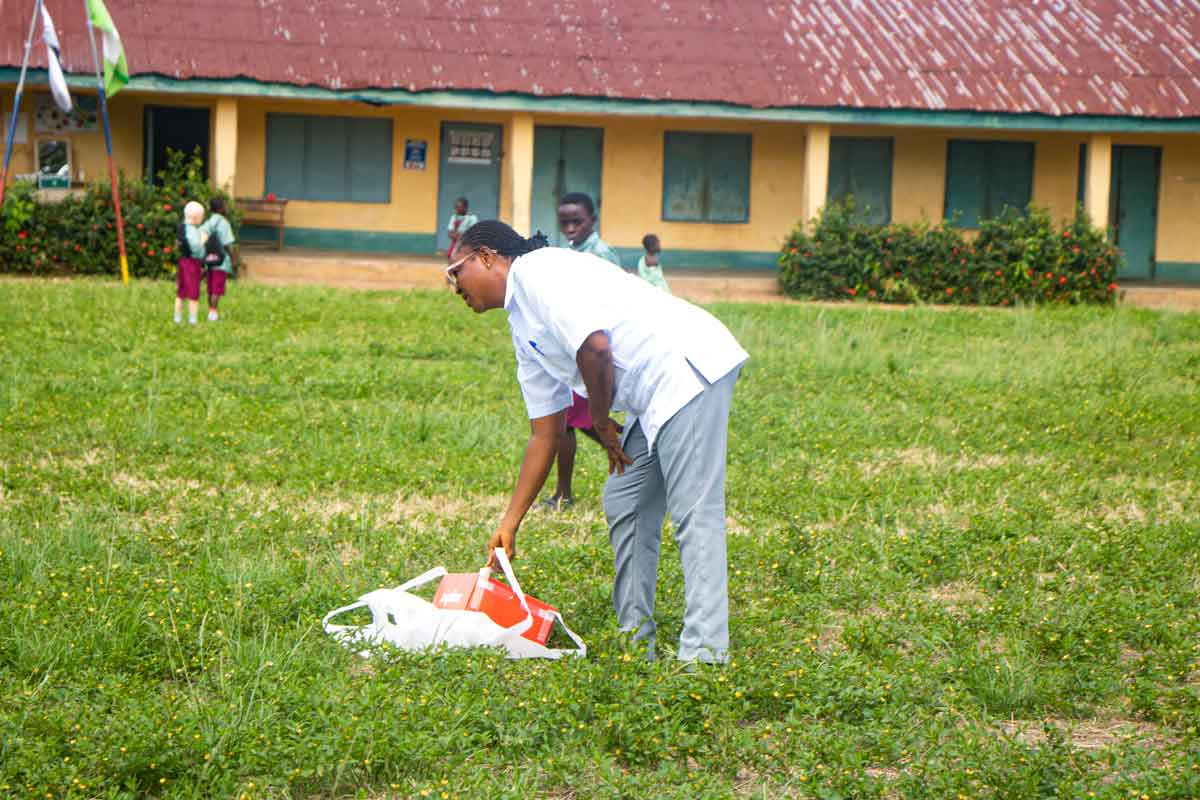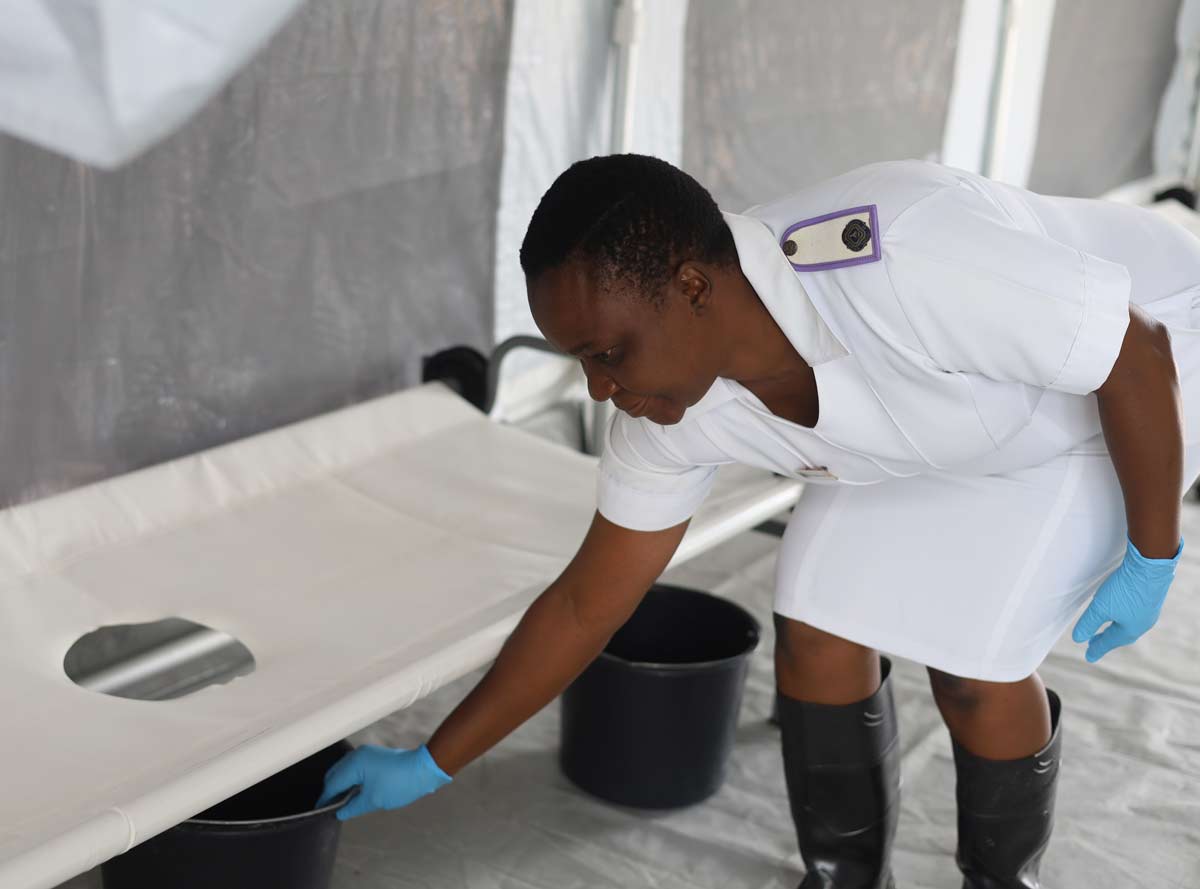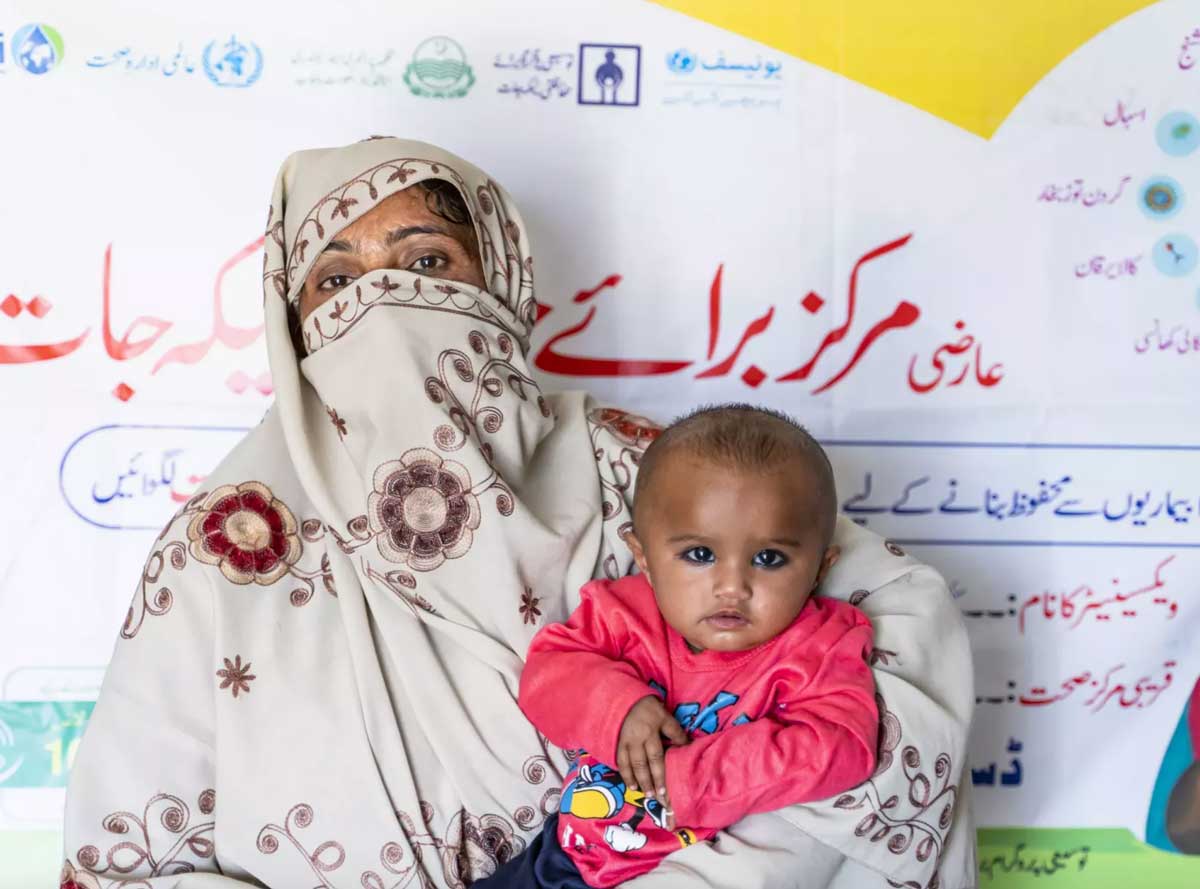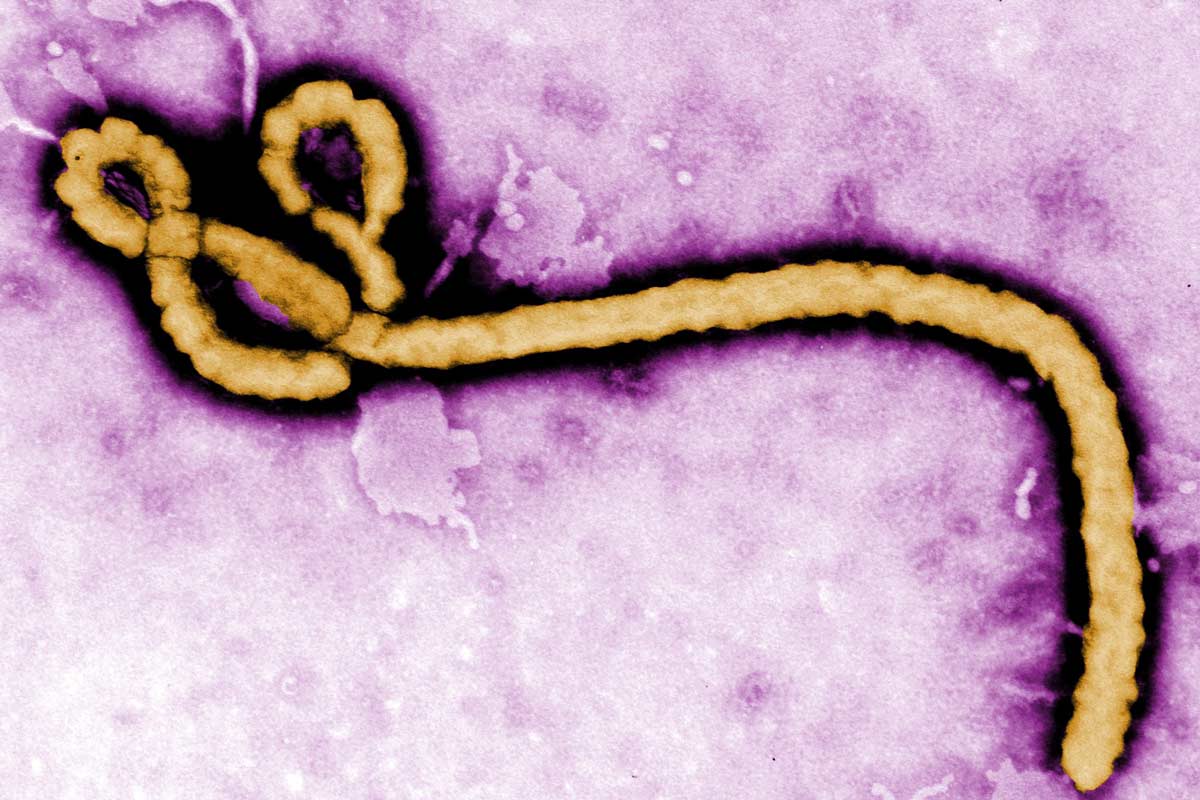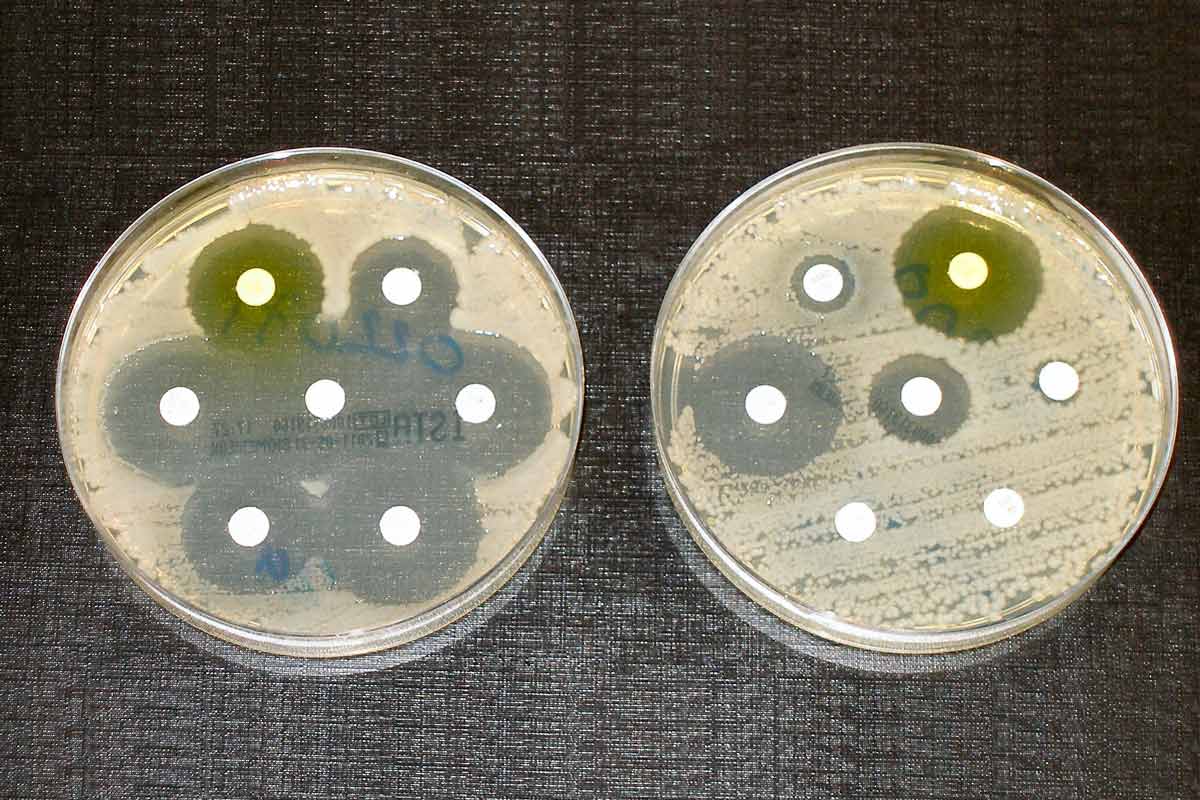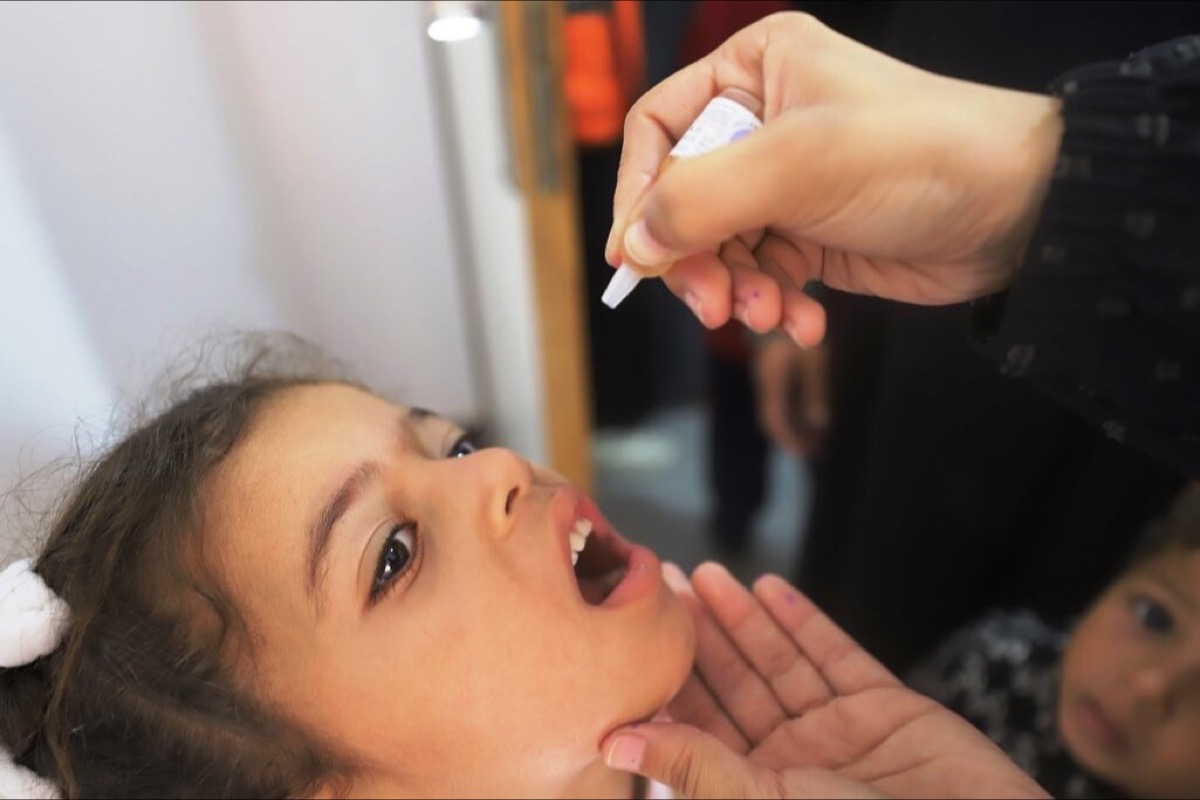We’re getting closer to a vaccine against Chikungunya
Launch of vaccine trial marks “significant milestone” towards beating this debilitating disease.
- 10 September 2021
- 4 min read
- by Linda Geddes

The world has taken two significant steps towards a Chikungunya vaccine. Phase 2/3 trials of Bharat Biotech International’s (BHI) vaccine candidate have been launched in Costa Rica, with patients from additional trial sites in Panama and Colombia expected to be recruited later this month. Meanwhile, the French biotech company Valneva has announced that its vaccine candidate triggered the production of neutralizing antibodies in 98.5% of volunteers injected with it.
The trial, involving 4,115 US adults, met its primary endpoint of inducing protective antibodies capable of neutralising the Chikungunya virus in 98.5% of participants 28 days after receiving a single dose.
Chikungunya is a mosquito-borne viral disease that causes fever and joint pain, as well as muscle pain, joint swelling, headache, nausea, fatigue and rash. The name derives from the language of the Makonde people, in northern Mozambique and southeast Tanzania, meaning "that which bends up", referring to the stooped posture associated with many of those infected with it. The joint pain which triggers this is often debilitating and can last from weeks to years.
Growing problem
First described during an outbreak in southern Tanzania in 1952, Chikungunya is regularly seen in Africa and Asia, but is increasingly triggering outbreaks in Europe and the Americas. In 2004, a large outbreak in Kenya spilled out into the islands of the Indian Ocean and Asia, resulting in a pandemic that spanned several years and involved more than a million cases.
Today, more than a billion people live in areas where the disease is endemic, and the World Health Organisation has classed it as a major public-health risk. Climate change, together with globalisation and viral evolution could further its spread, so developing an effective and affordable vaccine against it is a pressing goal. In January 2019 the Coalition for Epidemic Preparedness Innovations (CEPI) – with support from the European Union’s Horizon 2020 programme – announced the launch of a $48 million fund to advance vaccine candidates against Chikungunya.
Have you read?
The launch of the Phase 2/3 clinical trial in Costa Rica is a significant step towards achieving this goal. Funded by CEPI, with support from the India Centric Epidemic Preparedness (Ind-CEPI) mission for rapid vaccine development, the trial will evaluate the safety and ability of a 2-dose regimen of Bharat Biotech’s BBV87 vaccine candidate to provoke an immune response in healthy adults. It will be tested at nine clinical trial sites in Costa Rica, Panama, Columbia Thailand and Guatemala, where Chikungunya is endemic.
The vaccine is an inactivated whole virus vaccine, which means it contains whole particles of Chikungunya virus whose genetic material has been destroyed so it cannot trigger disease. Such vaccines are usually considered safe for use in people with compromised immune systems and pregnant women. A Phase 1 trial conducted in India suggested the vaccine could trigger a desirable immune response against the Chikungunya virus in humans injected with it.
Melanie Saville, director of vaccine research and development at CEPI, said: “This Phase 2/3 study by IVI and BBIL in Costa Rica and other countries in the near future, strengthens efforts to bring an end to this public health crisis. This truly global partnership will provide critical data to inform further clinical development of the vaccine, with the hopes of meeting CEPI’s goal to develop, license and gain WHO Prequalification for a Chikungunya vaccine and make it accessible to affected populations.”
Meanwhile, on 5 August, Valneva announced results from a Phase 3 trial of its VLA1553 Chikungunya vaccine candidate. The trial, involving 4,115 US adults, met its primary endpoint of inducing protective antibodies capable of neutralising the Chikungunya virus in 98.5% of participants 28 days after receiving a single dose. The vaccine was also generally well tolerated among the 3,082 participants evaluated for safety.
The development of Valneva’s vaccine candidate is also supported by CEPI funding. It is a live attenuated vaccine, meaning it contains a weakened form of the Chikungunya virus which can still grow and replicate but does not cause illness. This is an established vaccine technology but is less suitable for people with compromised immune systems and pregnant women, because even a weakened virus may trigger disease in these individuals.
More from Linda Geddes
Recommended for you



